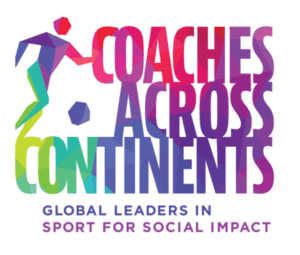Disney believes in the importance of healthy living and nutrition for children globally. In line with that belief Coaches Across Continents is pleased to announce an expansion of our international initiative using play to promote healthy living, nutrition, and physical activity. Previously this initiative focused on Argentina, Brazil, and Mexico. […]
brazil
2 posts
Creating Legacies 17, the Coaches Across Continents consultancy brand, is proud to be a partner on the Rexona Breaking Limits Programme. Rexona, also known as Degree, Sure or Shield, is a Unilever deodorant brand dedicated to getting people moving. The Breaking Limits Programme is a cutting-edge initiative developed in partnership […]


